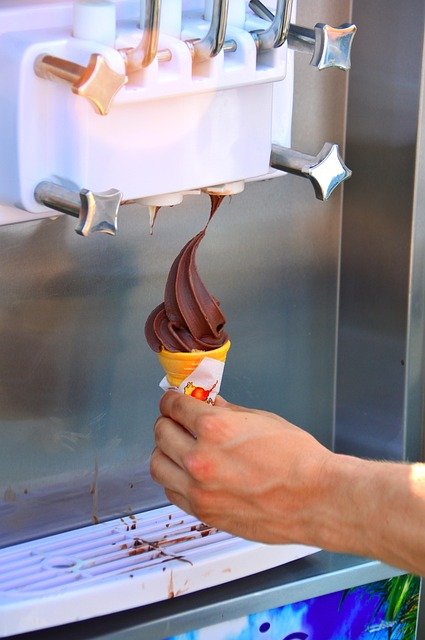Commercial Ice Machine Not Making Ice: Troubleshooting Guide
July 9, 2025 | by li, moniker

Why Your Commercial Ice Machine Isn’t Making Ice – Troubleshooting Guide
Commercial ice machines are essential for restaurants, bars, and hotels, ensuring a steady supply of ice for beverages and food preservation. However, when these machines stop producing ice, it can disrupt operations and lead to customer dissatisfaction. Several factors can cause this issue, ranging from mechanical failures to improper maintenance. In this article, we’ll explore the most common reasons why a Commercial Ice Maker may fail to produce ice and provide actionable solutions to get it running efficiently again. Whether it’s a clogged water filter, refrigerant problems, or electrical malfunctions, understanding these issues can save time and money while preventing downtime.
Common Causes of Ice Production Failure
When a commercial ice machine stops making ice, the root cause is often one of several common issues. Water supply problems are a frequent culprit—low water pressure, frozen lines, or a clogged filter can restrict water flow, preventing ice formation. Another possibility is a dirty or malfunctioning evaporator plate, which prevents proper freezing. Additionally, refrigerant leaks or compressor issues can disrupt the cooling cycle, leaving the machine unable to freeze water. Finally, electrical failures, such as faulty sensors or control board malfunctions, may trick the system into thinking it’s operating correctly when it’s not. Identifying these problems early can prevent prolonged downtime.
Maintenance and Cleaning Best Practices
Regular maintenance is crucial to keeping a Commercial Ice Maker functioning optimally. Mineral buildup from hard water can clog components, reducing efficiency. Descaling the machine every 3-6 months helps prevent this. The condenser coils should also be cleaned to ensure proper heat exchange, as dust accumulation can cause overheating. Additionally, inspecting and replacing water filters as recommended by the manufacturer ensures clean water flow. A well-maintained machine not only produces ice consistently but also extends its lifespan, reducing long-term repair costs. Implementing a scheduled maintenance routine can prevent unexpected breakdowns and keep operations running smoothly.
When to Call a Professional Technician
While some issues can be resolved with basic troubleshooting, certain problems require professional expertise. If the machine is leaking refrigerant, has a faulty compressor, or displays persistent error codes despite cleaning and resetting, a certified technician should be consulted. Attempting complex repairs without proper knowledge can void warranties or cause further damage. Additionally, if the Commercial Ice Maker is under warranty, unauthorized repairs may lead to additional expenses. Technicians can diagnose hidden issues, such as electrical faults or internal component failures, ensuring the machine is restored to full functionality safely and efficiently.
Conclusion: Ensuring Reliable Ice Production
A commercial ice machine that stops making ice can be a major inconvenience, but understanding the causes and solutions can help restore functionality quickly. From checking water supply and cleaning components to recognizing when professional help is needed, proactive maintenance is key. Regular descaling, filter replacements, and condenser cleaning prevent many common issues before they escalate. However, for complex problems like refrigerant leaks or electrical failures, seeking expert assistance ensures safe and lasting repairs. By following these guidelines, businesses can maintain a reliable ice supply, minimize downtime, and keep their operations running efficiently. Investing in proper care for your Commercial Ice Maker pays off in long-term performance and cost savings.
RELATED POSTS
View all


